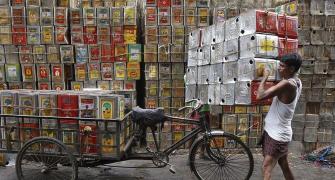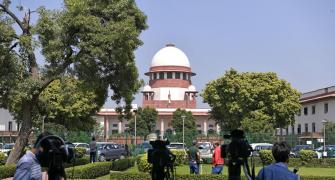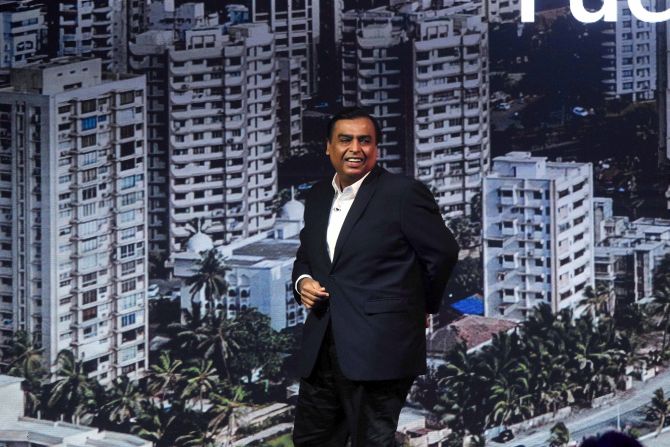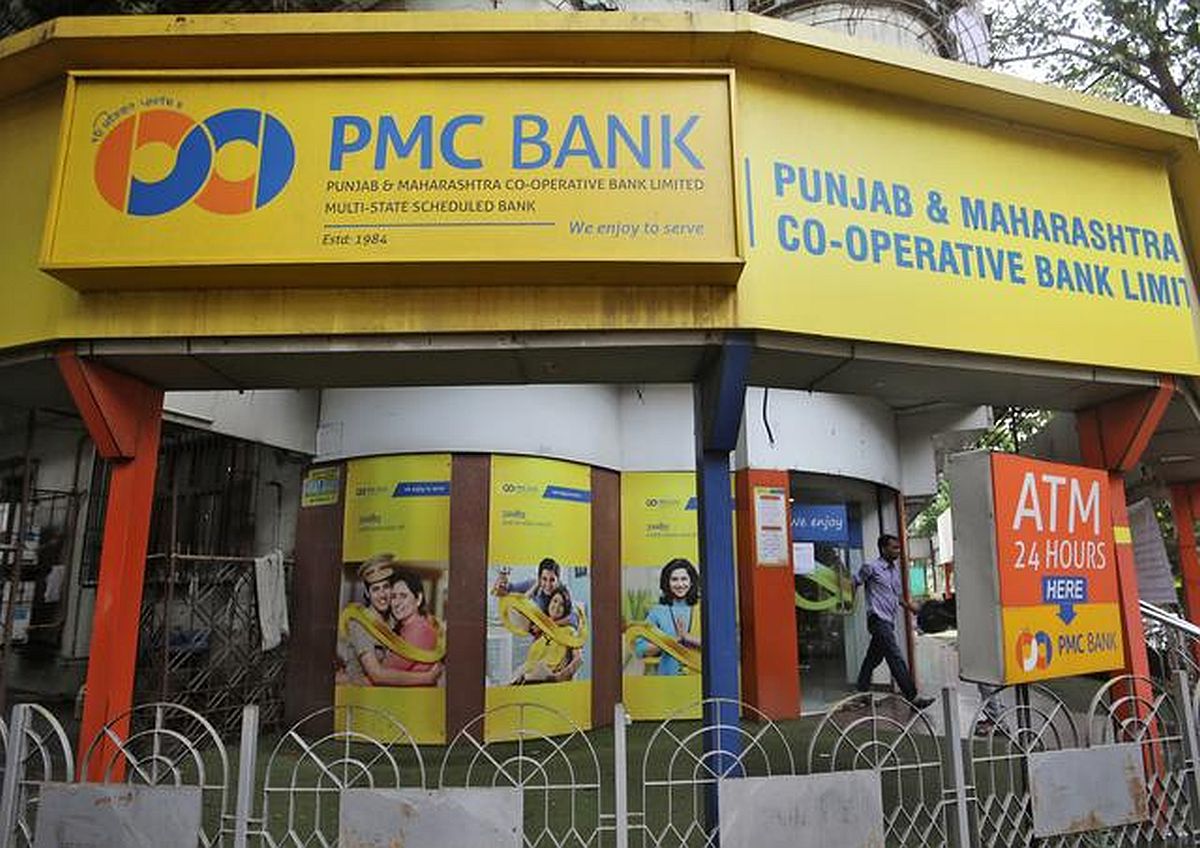A rise in petrol and diesel consumption can help the government cut cesses on the fuels by Rs 4.5 a litre without impacting revenue collections of FY21, and help cool off the pressure on inflation, domestic rating agency ICRA said on Friday.
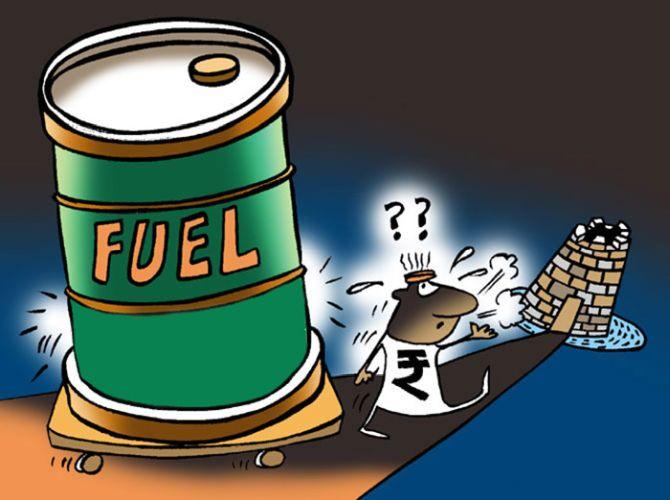
Petrol consumption is estimated to increase 14 per cent in 2021-22 and diesel by 10 per cent on the lower base, rise in mobility and economic recovery, ICRA said.
The rating agency added that it will result in an additional Rs 40,000 crore in revenue for the government through higher collections of the cess.
If the government chooses to forego this additional cess collection of Rs 40,000 crore, it can reduce the cesses by Rs 4.5 per litre, and help contain the inflation situation which has breached the Reserve Bank of India's (RBI) target band in May, ICRA said.
Petrol prices have breached over Rs 100 per litre in many places, and diesel prices are also closing in on the three-digit mark in some pockets, which has led to a wide clamour for reducing the cesses imposed on the fuels to benefit the end-consumer.
The cess was introduced in early 2020 as a tool of generating additional revenue amid a steep fall in global crude prices.
While the crude prices have firmed up, the government has maintained the cess, leading to the higher impact on the end-consumer's finances.
Its chief economist Aditi Nayar said, "Higher consumption of fuels should support a rise in the indirect taxes levied on them, affording a window for a partial reversal in the cess hikes that were imposed last year."
The agency's calculations suggest that the cesses levied on petrol and diesel could be reduced by Rs 4.5 per litre, while maintaining the total cess revenues of the Government of India on these fuels in FY2022 at the FY2021 level, she added.
"Such a cut in the cess rates would offer some relief to household budgets and ease the inflationary pressures related to the rising global crude oil prices," Nayar said.
The chief economist said the agency's forecasts suggest that petrol consumption will be 6.7 per cent higher in 2021-22 when compared with the pre-pandemic levels in 2019-20, while diesel will be 3.3 per cent lower.
The agency said favourable prospects of a global economic rebound brought on by the vaccine rollout have resulted in a nearly uninterrupted increase in the international crude oil prices since January 2021.
A weaker rupee, higher cesses imposed by the GoI since March 2020 and the increase in value-added tax (VAT) rates by more than three-fourths of the state governments in 2020, have seen the average retail selling prices of petrol and diesel in the four metro cities increase to record-high levels of Rs 99.54 and Rs 92.03 per litre, respectively, as on June 25, 2021, it said.
In the current scenario where domestic sentiment demand has been singed by the impact of the second wave of COVID-19, the all-time high retail prices of fuels are both weighing upon disposable incomes and consumption, and feeding into inflationary pressures, it said.
A cut of Rs 4.5 per litre can help in reducing the headline inflation by 0.10 per cent, it said, estimating that it expects Consumer Price Index (CPI)-based inflation at 5.3 per cent for 2021-22.
In May 2021, the CPI inflation rose to 6.3 per cent, exceeding the upper threshold of the Monetary Policy Committee's (MPC) medium term target of 2-6 per cent.
The agency reminded that in the last three monetary policy reviews (February 2021, April 2021 and June 2021), the RBI's rate-setting panel has highlighted the inflationary pressures created by the higher cesses and VAT rates announced by the Centre and the state governments last year, and the need to unwind the same to ease the cost push pressures.
"A reduction in fuel prices generated by a cut in the cesses imposed, would help dampen the inflationary pressures, and prevent inflationary expectations from getting entrenched at a higher level, thereby affording monetary policy continued space to support a revival in growth," Nayar said.
The Union government is estimated to have collected Rs 3.2 lakh crore in revenue from the cesses in 2020-21, which is set to grow to Rs 3.6 lakh crore courtesy the higher consumption, it said.
The agency added that the government has already collected Rs 80,000 crore in April and May, and needs to collect another Rs 2.4 lakh crore to maintain it at FY21 levels.



